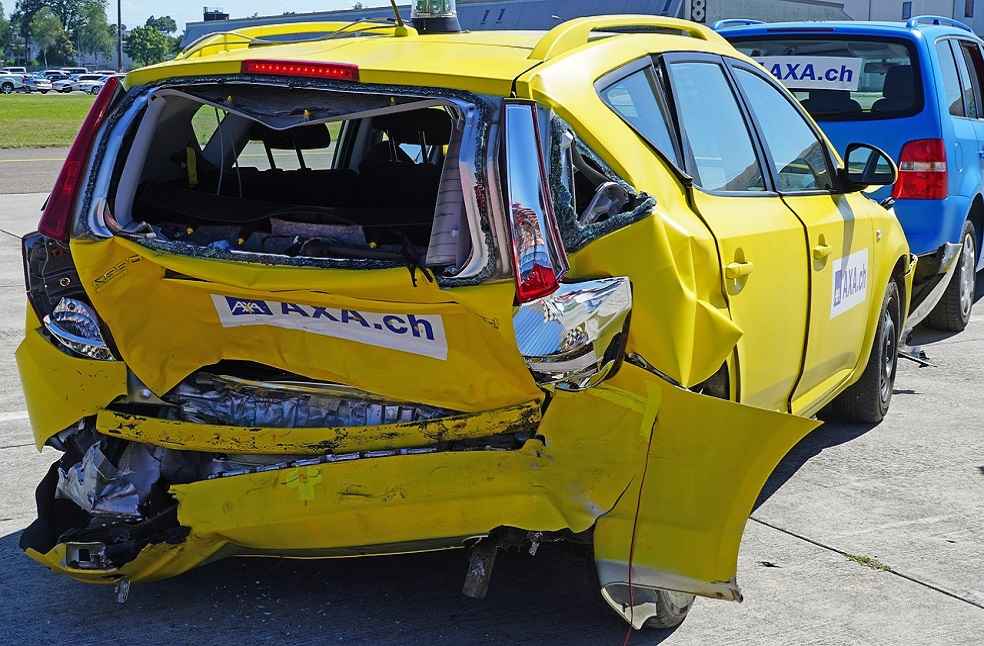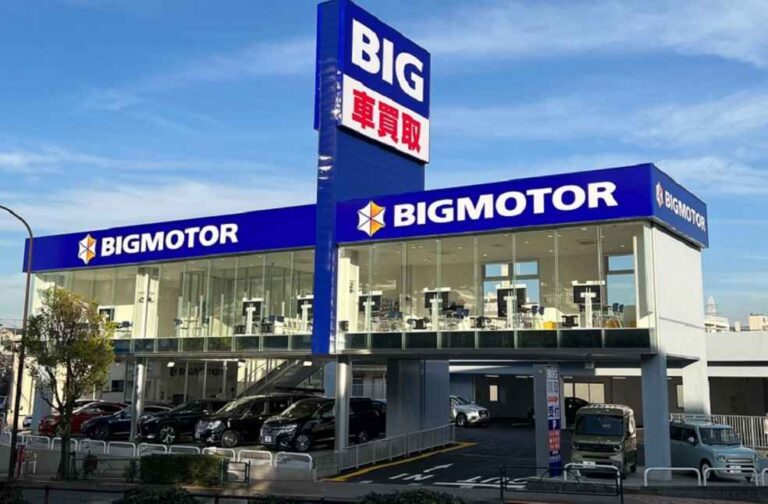The used car sales and vehicle maintenance firm Bigmotor Co. is embroiled in a scandal, now known as ‘Bigmotor’s Fraud Scandal’. Revelations have emerged about the company’s widespread bill padding practice, shocking the industry and public alike. This appalling behavior appears to be deeply rooted in a corporate culture that shows stark disregard for customers.
The revealed fraudulent operation primarily involved damaging vehicles on purpose and undertaking unnecessary parts replacements, leading to escalated repair costs for customers. This ill-advised operation is more than just a betrayal of customer trust; it also draws exorbitant payments from auto insurance companies covering the vehicles.
To explore the scope of the malpractice, Bigmotor established an investigative committee, composed of external attorneys. Interviews conducted within the firm and the subsequent report found excessive management pressure as a key contributor to such infractions.

Bigmotor seemingly mandated a profit margin of roughly 140,000 yen (about $990) per vehicle, not considering the extent of damage. This financial target seemingly propelled the spread of unethical practices, mostly originating from shop managers feeling the heat to reach these lofty goals.
Disturbing instances of misconduct include employees using a sock containing a golf ball to damage a customer’s car and other employees employing screwdrivers and similar tools for intentional harm. Such acts highlight the severity of deviation from acceptable conduct within Bigmotor, symptomatic of unchecked pressure from management.
Such activities cross the line of business ethics and fall into the realm of criminality. By charging excessively for repairs, Bigmotor could have indirectly caused a surge in insurance premiums for vehicle owners. Urgent action, hand in hand with nonlife insurance companies, is required to address this issue.

On learning about these alarming findings, the transport ministry has kicked off an inquiry into the possibility that Bigmotor broke the Road Transport Vehicle Act.
The response from Bigmotor to this serious issue has been limited to posting a statement about the insurance bill padding on its website, with no press conference or other public announcements to date. Bigmotor’s president and founder, Hiroyuki Kaneshige, stated his intent to give up a year’s compensation as an act of accountability for the company’s missteps.
Yet, his message to employees, wherein he criticized media coverage and downplayed the incident, raises questions about his commitment to resolving the issue. For Bigmotor to regain its lost trust, it must leave no stone unturned in investigating the fraud’s genesis and adopt strict measures to prevent a repeat of such incidents.
KNOWLEDGE | HySE for Hydrogen Revolution in Small Mobility Sector





